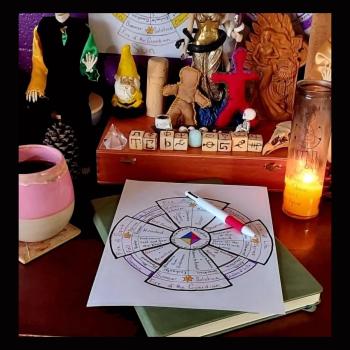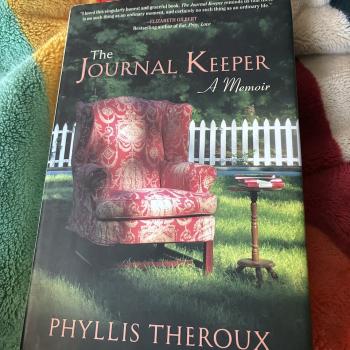 Lost as in damned? No. Lost as in alone? Lost to his friends and to the world? Yes, sadly. No one takes their own life without being lost to the love of God, family, and friends.
Lost as in damned? No. Lost as in alone? Lost to his friends and to the world? Yes, sadly. No one takes their own life without being lost to the love of God, family, and friends.
Bill Zeller was a graduate student at Princeton University with a bright future and some considerable achievements to his credit at age 27. After repeated sexual abuse as a child and an unrelenting struggle with the aftermath of it, Bill took his own life in order to escape his pain and isolation.
Like many who read his story, I have been haunted by the suicide note that he left behind, and some very helpful things have been said about that note. What haven't been explored are the spiritual lessons to be learned from Zeller's tragic last words. Here is some of what I hear:
Lesson One: There is no greater spiritual peril than isolation.
Zeller felt that there was no one with whom he could trust his story. He struggled to find intimacy. He even attempted to reach out on a few occasions. But he remained largely isolated. At times he even feared that the darkness of his story would overwhelm anyone he told and that, in turned, deepened the isolation.
What does his experience teach us? It is easier said than done, but don't let yourself be isolated. Find someone you can trust and tell them your story. We can't be spiritual—or well—alone.
Supposing others have managed to live a trouble-free life is like comparing your insides with someone else's outsides. Don't assume that your struggles are unique, and don't let the darkness of your own struggle lead you to believe that others will be overwhelmed by it.
Life is never simple, untroubled, or without its darkness and the honest souls among us will admit it. Find the people who can sit with you and with your darkness.
Lesson Two: There is no greater betrayal than the betrayal of a confidence or, put more positively, keep a confidence, save a life.
One of the sadder things about Bill Zeller's struggle was that he intuitively understood the danger of his isolation, but the people he trusted with his struggle betrayed his confidence. We live in a country of gossips. Even people who are trained and told to keep a confidence can be colossal failures at it, including clergy (who, to their own discredit, are among the worst offenders). One colleague reflecting on the behavior of the ministers with whom he works observed, "A confidence is something we tell others one person at a time."
The failure to keep a confidence killed Bill Zeller because it left him feeling that there was no one whom he could trust. Without exception everyone needs one person with whom they can be fully transparent. That can happen at home. It can happen with the closest of friendships. It can happen with a spiritual director, a pastoral counselor, or a therapist.
Find someone who can keep a confidence and be someone who can keep a confidence. You may save a life.
Lesson Three: There are few things more corrosive to relationships than the certainty bought at the expense of another human being.
Apparently, much of what set Bill Zeller on the path to self-destruction were parents whose fundamentalism drove him to despair. Reading between the lines, the other factor may have been the hypocrisy of someone in that same circle who abused him sexually.
Some people, left and right, desperately need certainty. They depend upon it. It validates their choices and allays their fears. Based on their own certainty, they convince themselves that they are special, favored by God, or morally superior.
What fundamentalists often refuse to acknowledge is that their certainty is a fragile product—a substitute for genuine faith. The mature, adult spiritual life, like the mature intellectual life, depends upon making commitments in the face of uncertainty. Once made, the healthy expression of those commitments is marked by the courage to live out of them and the humility to recognize that others (with good reason) do not share our views.
When our certainty is bought at the expense of others in a zero-sum spirituality that holds, "I can't go to heaven, unless you go to hell," we do violence to the integrity of another human being's life. The journey of faith should render us more available, forgiving, and able to listen; and only those who are can be trusted with the journey of others. Tragically, Bill Zeller was without that kind of companionship.
Lesson Four: We can be broken and we can break others.
By the time he was a young adult Bill Zeller was broken. Whether he was broken beyond repair is hard to say. But it is not clear that even with better friends he would have surmounted the challenges he faced.





